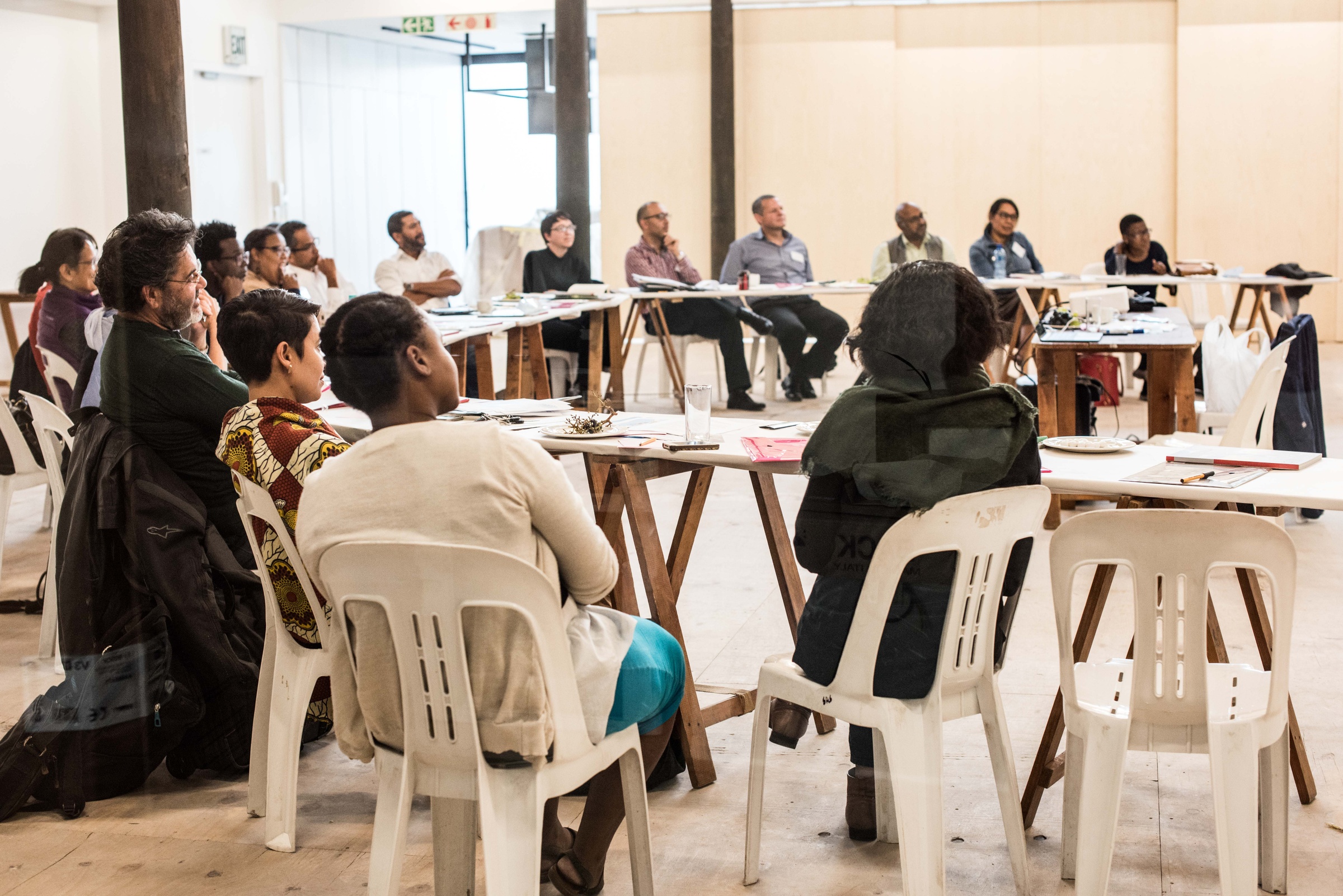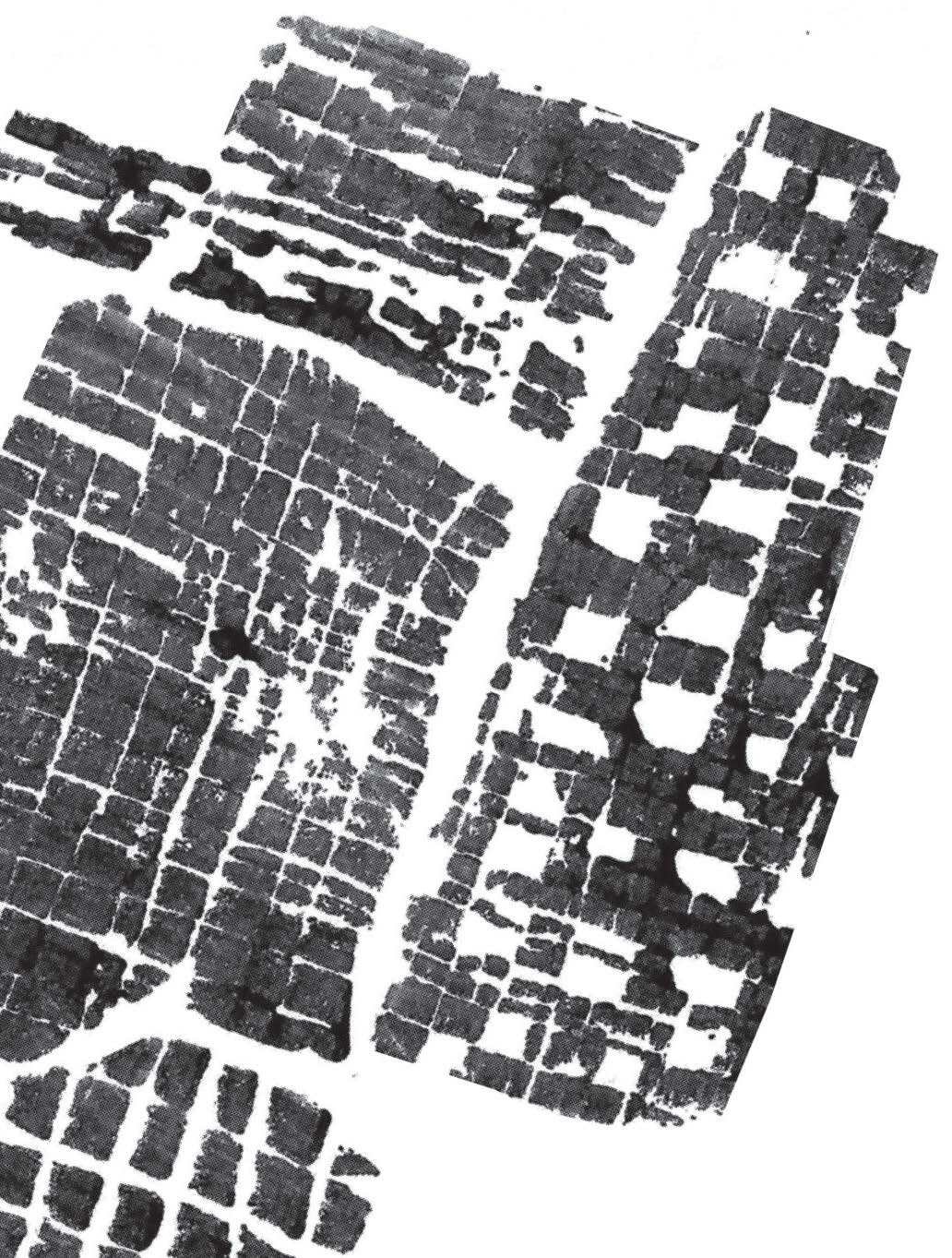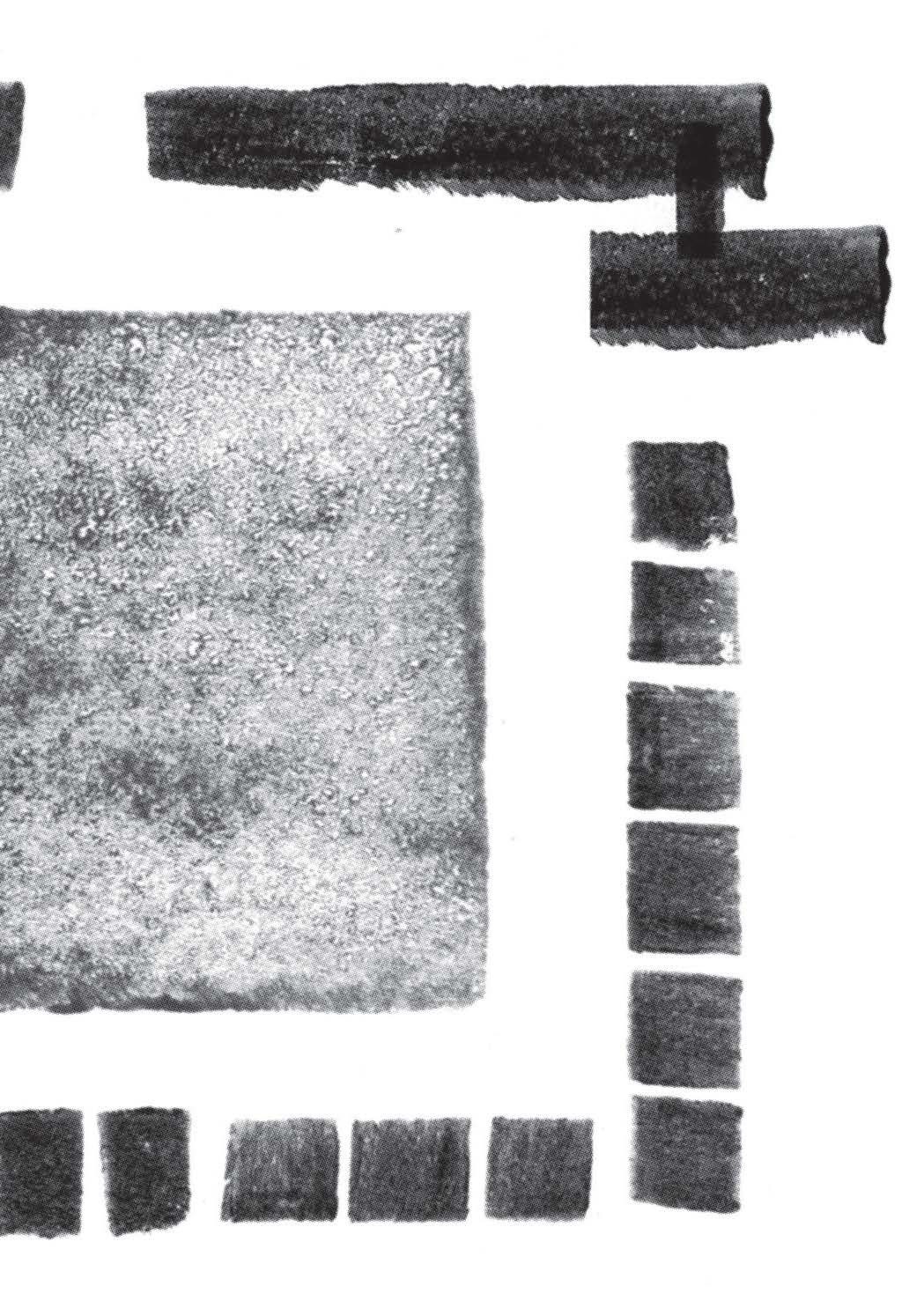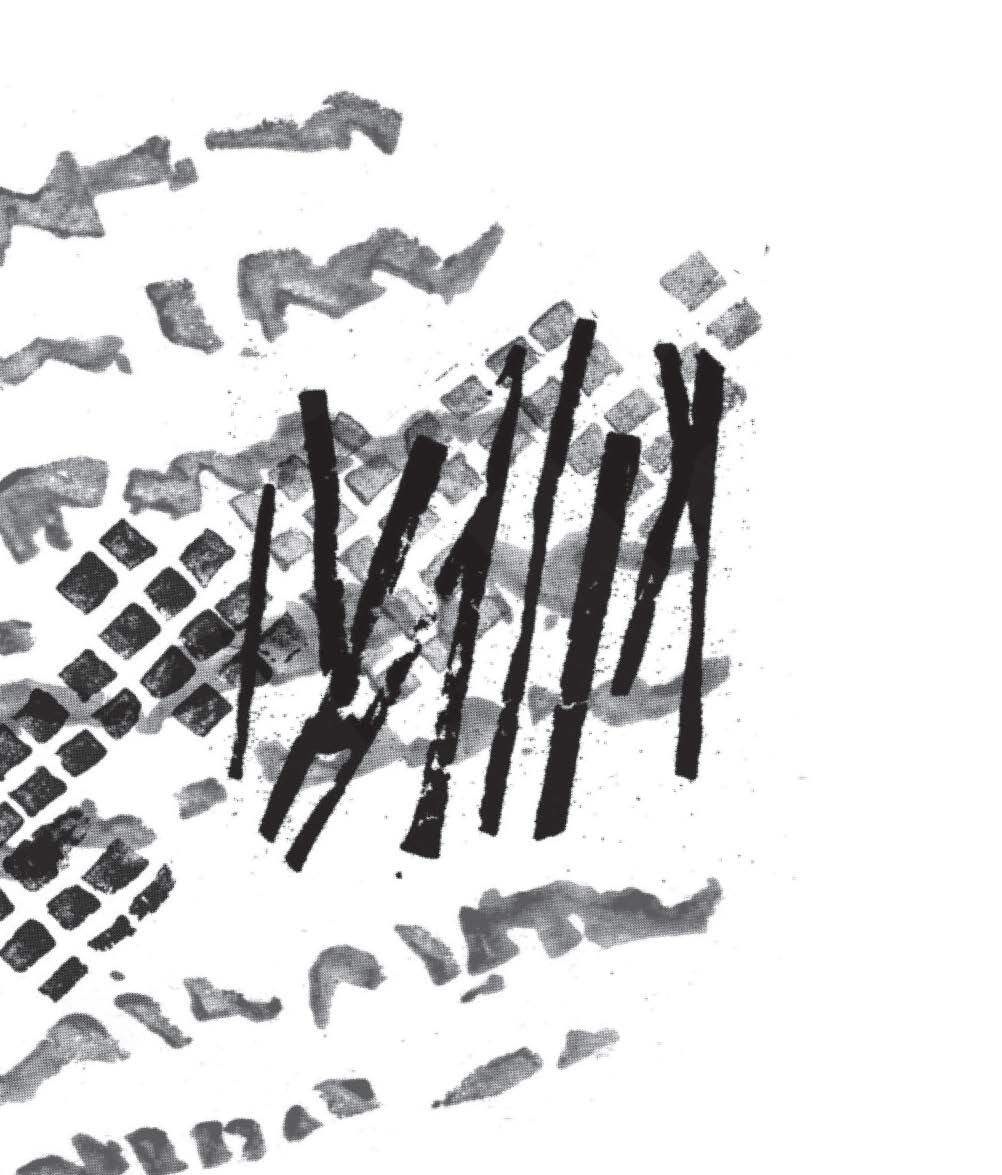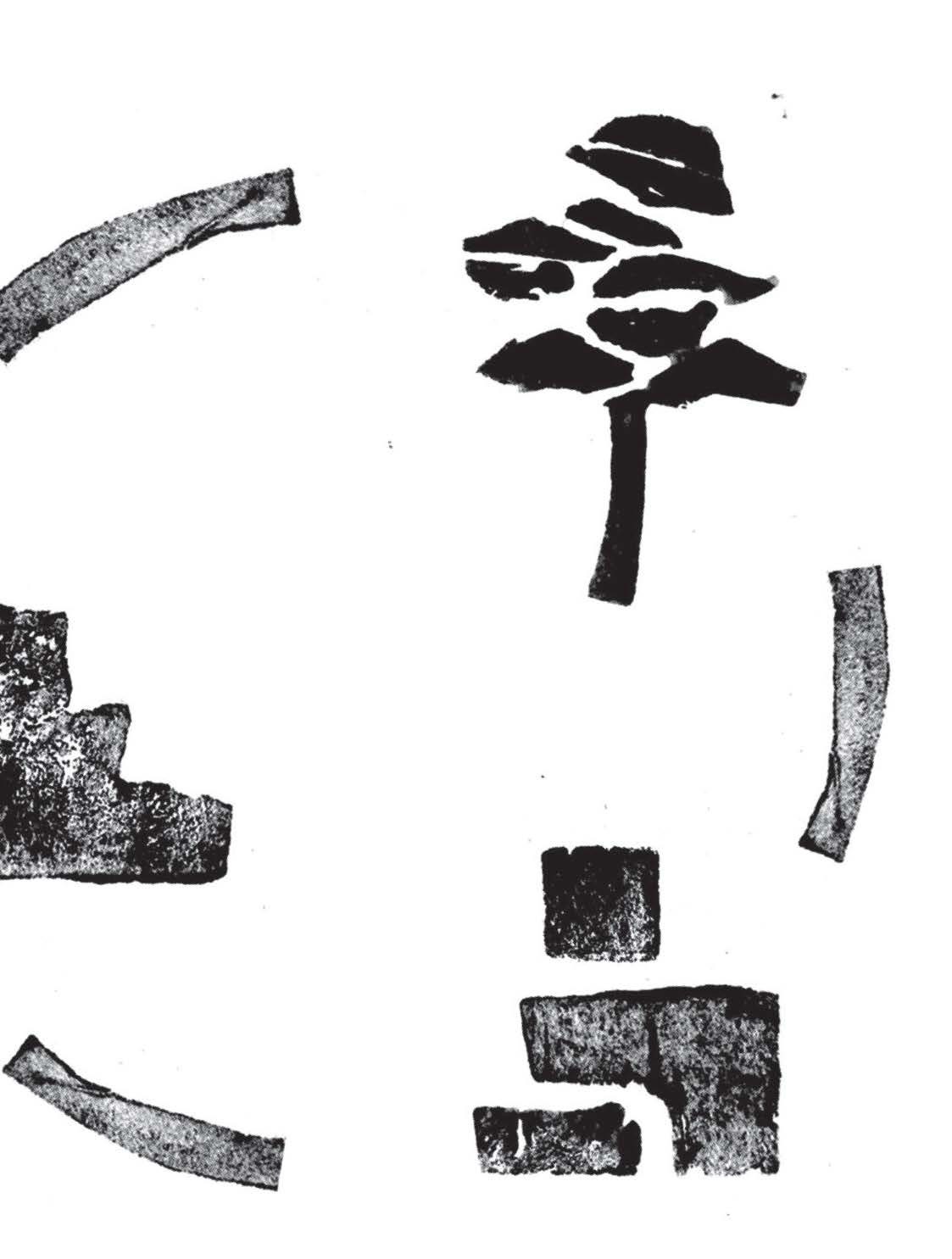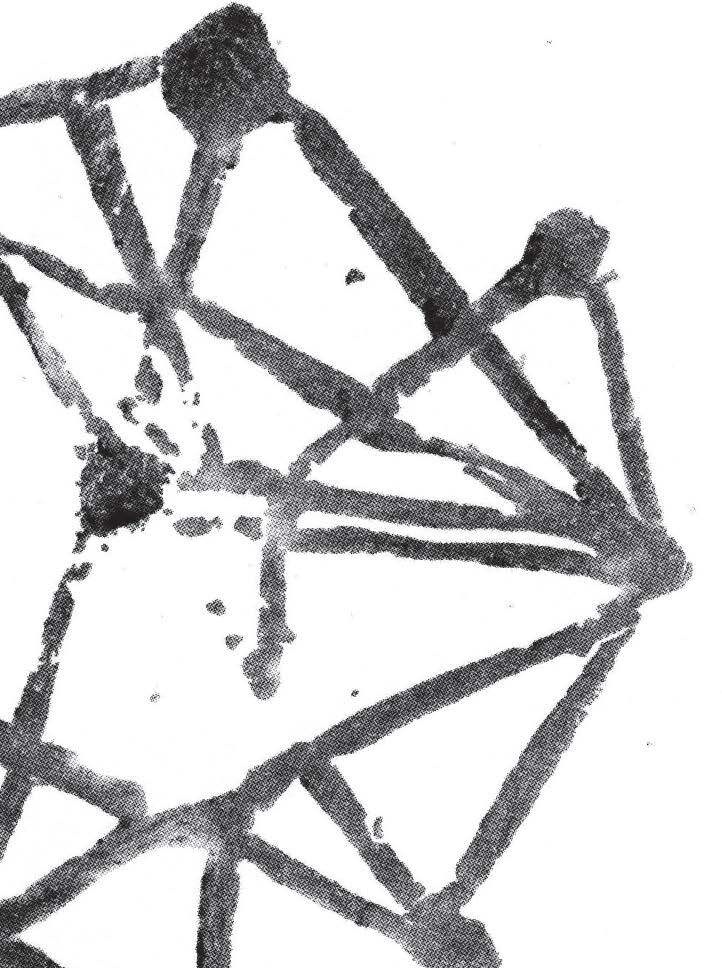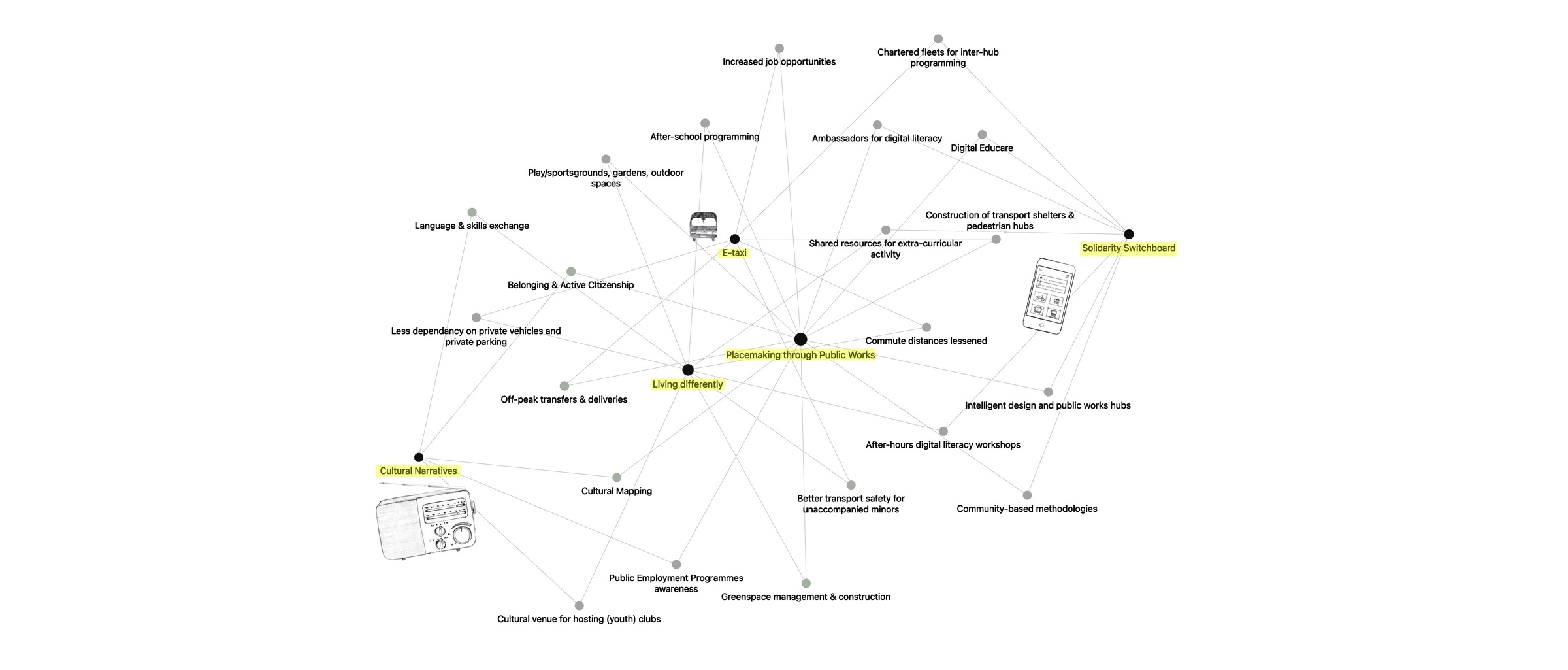Director:
Edgar Pieterse
Coordinator:
heeten bhagat
Convenor:
Cape Higher Education Consortium
Hosts:
African Centre for Cities (UCT)
The Poverty and Inequality Initiative
Centre for Humanities Research (UWC)
Centre for Complex Systems in Transition, US
A4 hosts the Integration Syndicate, directed by Edgar Pieterse of the African Centre for Cities. The Integration Syndicate draws together a fixed group of leaders from the public sector, social movements, NGOs, academia and the private sector.
The ongoing project fosters ‘action networks’ through encounters in a non-partisan, safe and open space where frank discussions are paired with a commitment to collaborative answers. Focused conversations unfold amidst a heavy reliance on maps, information graphics, and other data sources, in an attempt to ensure that anyone may enter the debate, and to avoid the risk of ideological stand-offs.
A process of social change that embraces complexity, uncertainty, and prefigurative politics while continuously engaging in small-scale experiments and reflective practices.
An area overlap between the ‘Majority City’, where poor and working-class residents live, and the ‘Elite City’, the suburbs where the middle classes and super-rich live. The ‘Mixed City’ represents mixed-use zones around some railway stations and close to CBD nodes that house a growing assortment of apartment blocks and businesses.
A group of individuals who share a common, organic understanding of their city and work together to advance knowledge. By participating in epistemic spaces (a platform where individuals can share ideas and build consensus, such as Integration Syndicate) these communities can play a vital role in shaping the future of their city.
Episodes
A series of nine ‘episodes’ were designed to facilitate sustained monthly conversations over the duration of 2017. These gatherings explored the various questions, obstacles and solutions to the over-arching enquiries of social-spatial integration in the Cape Town metropolitan region.
Why integration? What is integration? Can it be achieved within the next generation?
Geo-historical roots of segregation and fragmentation: Acknowledging and engaging cumulative effects for different inhabitants towards alternative imaginaries.
What are the economic drivers of inclusion/exclusion and spatial inequality? What will it take to achieve inter-generational economic empowerment? What difference can/does space make?
Towards a working frame on the building blocks of integration. (This frame will then be applied to three geographic acupuncture points of the city that are already high on the priority list of the public sector)
Case Study: Two Rivers Urban Park acupuncture point
Case Study: Philippi Transit-oriented development hub acupuncture point
Case study: Bellville Transit-oriented development hub acupuncture point
Weaving together the cases and other sites of opportunity for the next decade, drawing on Voortrekker Road Corridor
Popularising and embedding integration in the public sphere of the city (Kaapse innovation)
Adi Kumar (Development Action Group), Andrew Boraine (Economic Development Partnership), Anika Embrahim (Naspers), Danielle Manuel (Western Cape Government), Louis Scheepers (City of Cape Town), Edgar Pieterse (African Center for Cities), Fadly Issacs (University of Cape Town), heeten bhagat (African Centre for Cities), Hopolang Selebalo (SmartStart), Jo-Anne Johnston (Western Cape Government), Kelly Arendse (Architect), Khayakazi Namfu (Public School Partnerships), Lester September (Forum of Cape Flats Civics), Liza Cirolia (African Centre for Cities), Mark Swilling (Centre for Sustainability Transitions), Marlon Parring (NTI Solutions), Mercy Brown-Luthango (African Centre for Cities), Mirjam van Donk (Isandla Institute), Mzonke Mbonel, Nisa Mammon (Nisa Mammon and Associates), Nishendra Moodley (City Support Programme), Nkwame Cedile (Right2Know), Nomusa Makhubu (Michaelis School of Fine Art), Peter Ahmad (Urban Planner), Pippa Green (University of Pretoria), Premesh Lalu (Centre for Humanities Research), Phumeza Mlungwana (International Budget Partnership), Rika Sitas (African Centre for Cities), Robin Bugler (Private Sector), Suraya Scheba (African Centre for Cities), Tau Tavengwa (African Centre for Cities), Thembalani Terra (Social Movement), Tracy Jooste (Results 4 Development)
Focus Groups
The African Center for Cities, in collaboration with 25 invited institutional leaders, developed five thematic questions to reframe public debates in the city on urban integration and deepen thinking. In early 2018, five focus groups, with industry professionals that had a direct interest, were dedicated to each provocation. The findings helped pave the initial route for further developing the discrete provocations.
March 7
Megan McLaren (Centre in ICT for Development), Chris Plano (Centre for Transport Studies), Helen Morrissey (Pegasys Researcher), Akhona Mbenyana (Western Cape Government), Kathryn Hyman (Western Cape Government) Leigh Stolworthy (City of Cape Town), Peter Gray (City of Cape Town), Marcela Guerrero Casas (Open Streets), Rory Williams (V&A Waterfront), Kerry Petrie (Silicone Cape), Nigel Zhuwaki (GoMetro), Mxolisi Liwani (Codeta), Jonathan Ayache (Uber), Amien Abrahamsv (Hazeldene Shuttle Services), Leszek Dobrovolsky - (Instinct), Caroline Sohie (Instinct), Sean Cooke -(African Centre for Cities), Justin Coetzee (GoMetro), David Schmidt (Strategies for Change), Dawie Bosch (City of Cape Town), Andrew Boraine (Economic Development Partnership), Deidre Ribbonaar (Western Cape Government), Danielle Manual (Western Cape Government), Yolisa Kani (Uber), Vernon Moonsamy (City of Cape Town), Stacey Martin (Western Cape Government), Mxolisi Liwani (Codeta), Andile Kanyi (Codeta), Adi Eyal (Civic Tech Advocate), Zimkitha Buwa (Britehouse [SAP Systems for CCT]), Reggie Springleer (City of Cape Town), Johnny Copeland (Hosken Consolidated Investments), Sinako Cetyiwe (Taxify)
March 20
Liza Cirolia (African Centre for Cities), Adi Kumar (Development Action Group), Helen Rourke (Development Action Group), Sabina Favaro (Violence Prevention through Urban Upgrading), Barbara Southworth (GAPP Architects & Government), Akhona Mbenyana (Western Cape Government), Katherine Hyman (Western Cape Government), John Edwards (Craft & Design Institute), Doron Isaacs (Equal Education), Danielle Manual (Western Cape Government), Frank Cumming (Regenco), Ilze Wolff (Wolff Architects), Heinrich Wolff (Wolff Architects), Jonny Gevisser (Extra-Mural Education Project), Surita Sankar (Pelican Park SMT Member), Rashiq Fataar (Future Cape Town), Mercy Brown-Luthango (African Centre for Cities), Leszek Dobrovolsky (Instinct), Caroline Sohie (Instinct), heeten bhagat (Afircan Center for Cities), Michael Krause (Violence Prevention through Urban Upgrading), Leeroy May (City of Cape Town: Social Services), Marco Geretto (City of Cape Town), John Spiropoulos (Independent), Frank Cumming (Regenco), Mandisa Dyantyi (Social Justice Coalition), Ntuthuzelo Vika (Social Justice Coalition), Charlton Ziervoegel (Shack/Slum Dwellers International), Lester September (Forum of Cape Flats Civics), Mirjam van Donk (Isandla Institute), Mandisa Shando (Ndifuna Ukwazi), Sarita Pillay (Ndifuna Ukwazi), Nisa Mammon (Nisa Mammon and Associates), Mokena Makeka (Makeka Designs), Bradley Burger (City of Cape Town: Social Services), Ruth Hall (Institute for Poverty, Land and Agrarian Studies), Ben Cousins (Institute for Poverty, Land and Agrarian Studies), Nomzamo Zondo (Socio-Economic Rights Institute), Lauren Royston (Socio-Economic Rights Institute), Werner Jurgens (Cape Town Housing Company)
April 4
Angelo Hannival (Zip Zap Circus), Rouxle Freysen-Moffitt (City of Cape Town JCC), Alessio Marcus (City of Cape Town JCC), Litha Sokutu (Social Literacy Conversation), Dylan Campbell (Social Literacy Conversation), Brenda Skelenge (Isivivana), Lester September (Forum of Cape Flats Civics), Shari Daya (University of Cape Town), Iain Harris (Coffeebeans Routes), Joy Olivier (Ikamva Youth), Nina Callaghan (Children’s Radio Foundation), Shamila Rahim (City of Cape Town Arts and Culture), Wandile Kasibe (Iziko Public Programme), Zayd Minty (African Centre for Cities), Vaughn Sadie (African Centre for Cities), Leszek Dobrovolsky (Instinct), Mercy Brown-Luthango (African Centre for Cities), Rike Sitas (African Centre for Cities), Alicia Fortuin (African Centre for Cities), Premesh Lalu (Centre for Humanities Research), Anika Ebrahim (Naspers), Tanner Methvin (Africa Centre), Zukile Keswa (IkamvaYouth), Reza Khota (Independent), Wandile Kasibe (Iziko Public Programme), Koleka Putuma (Independent), Jane Taylor (Centre for Humanities Research), Paul Grendon (Centre for Humanities Research), Valmont Layne (Centre for Humanities Research), Ilze Wolff (Wolff Architects), Karen Goldberg (Reos), Tim Conibear (Waves for Change), Bonita Bennet (District 6 Museum), Jenny Reznek (Magent Theatre), Nomusa Makhubu (Michaelis School of Fine Art), Emile Jansen (Heal the Hood), Ncedisa Nkonyeni (Bertha Foundation), Thandi Msebenzi (Independent), Neo Muyanga (Independent), Amrita Pande (University of Cape Town), City of Cape Town Junior City Council, Jay Pather (Gordon Institute for Performing and Creative Arts), Robin Jutzen (City of Cape Town), Siyabonga Swelindawo (Zip Zap Circus), Ukhona Mlandu (Mlandu Works)
April 17
Kate Philip (Cities Support Programme), Belinda Bowling (Naspers), Katherine Hyman (Western Cape Government), Akhona Mbenyana (Western Cape Government), Shakira Maharaj (DG Murray Trust), Justine Jowell (SmartStart), Zayd Minty (African Centre for Cities), Liza Cirolia (African Centre for Cities), Fuzlin Abrahams (City EPWP), Jesse Laitinen (The Streetscape Project), Lester September (Forum for Cape Flats Civics), Allison Petersen (Provincial EPWP Coordination Office), Stephen Lamb (Working on Fire), Andrew Lord (Working on Fire)
May 15
Nirvesh Sooful (African Ideas), Farhaana Allie (African Ideas), Llewlyn Scholtz (Genesis Community IT Initiative), Marco Morgan (City of Cape Town), Jodi Allemier (Western Cape Economic Development Partnership), Erica Elk (Craft and Design Institute), Robin Jutzen (City of Cape Town), Pascal Henke (The Happiness Network), Kerry Petrie (Silicon Cape), Vaughn Sadie (African Centre for Cities), Leszek Dobrovolsky (Instinct), Caroline Sohie (Instinct), Josh Ginsburg (A4 Arts Foundation), Kelly Arendse (Architect), Anika Ebrahim (Naspers), Nishendra Moodley (City Support Programme), Johan Du Toit (Formula D Interactive design firm), Scott Chapman (Formula D Interactive design firm), Bruce Bassett (African Institute for Mathematical Sciences), Ncedisa Nkonyeni (Bertha Foundation), Megan McLaren (Centre in ICT for Development, UCT), Ravi Naaido (Design Indaba), Deon Halls (College of Cape Town), Emma Dicks (Code4CapeTown), Hannes Heyns (TIMU Technologies)
Provocations
The provocations are not intended to furnish comprehensive answers but serve to stimulate informed public debate and support good ideas by keeping them in circulation. The Integration Syndicate engages these ideas through the lens of socio-spatial integration and strives to foreground holism and horizontal connections between the five provocations.
Here’s an example – Mitchells Plain to Bonteheuwel trainline is down. So for those people, there are no buses going to Bonteheuwel from Mitchells Plain; there is no designated taxi association that goes to Mitchells Plain. So now what’s going to happen? Unfortunately, we are not Uber – we must operate with an operating license. So if the taxi driver takes those people from Mitchells Plain to Bonteheuwel, they get pulled off, vehicles get impounded, 10 or 7 grand, because we don’t have a license to operate there. That’s another issue.
– Amien Abrahams, E-Taxi focus group, March 2018
Facing dysfunctional public transport that reinforces segregation patterns from apartheid, the current system, which relies heavily on private vehicles, is approaching crisis. The existing minibus taxi system is plagued by safety issues, inefficiency, and lack of regulation. The E-Taxi provocation is a response to these issues around mobility within a fragmented city and its surrounds.The provocation proposes converting the existing minibus taxi system into “e-taxis” – digitally-enabled vehicles equipped with GPS, safety features, and a ride-hailing platform similar to Uber/Lyft. Rather than investing in new transport infrastructure like MyCiTi buses, they suggested redirecting funds to upgrade the current taxi fleet with smart technology, dedicated lanes, and integration with other transport modes. Additionally, these taxis could serve as delivery vehicles during off-peak hours to maximise their utility. While the group acknowledged implementation challenges around industry buy-in and regulation, they saw this as a more organic, bottom-up solution that could improve safety, reduce congestion, and better serve both low and middle-income residents.
We’ve found that the school becomes a place for public life in a new post-apartheid set up. The hall is one of the biggest buildings and parts of a school that then becomes the biggest part of a neighbourhood, and we’ve often found that these school halls become the churches, bioscopes, and sometimes the economic driver for the school… There is an opportunity to think of the school, the architecture of the school hall, the classrooms, as public space, as tools to integrate the immediate surroundings. Some of the key things about public life is that public life is used to set up minor relationships, which are very important for democratic life…Building on the Spatial Development Framework of Cape Town, the overall principle of the Living Differently provocation was to place a moratorium on sprawl and promote infill development. The shortage of affordable housing in Cape Town’s central areas is often exacerbated by a lack of social integration across socio-economic classes. The discussion explored ways to increase residential density and create mixed-income housing developments on underutilised public land within middle-class and working-class suburbs. This challenge included overcoming resistance from existing residents and finding practical ways to build affordable housing in close proximity to essential amenities.The group realised that achieving the Living Differently vision would require broad social and political support, particularly a shift in mindset from the ‘Not-In-My-Backyard’ (NIMBYism) attitude to a more inclusive Yes-In-My-Backyard (YIMBYism) approach. An emphasis on the importance of local governance and community engagement advocated for civic initiatives that facilitate affordable housing and multi-use spaces in these suburban areas without compromising existing public amenities.
– Ilze Wolff, Living Differently focus group, March 2018
One of the ways to address that deficit is to look at story, individual stories…how do you create platforms where individual narratives are affirmed and given value? The confidence that comes from that starts to speak to the right to engage meaningfully in the economy… One of the things that our history has done is depersonalise everything – so one of the ways to address that is to personalise everything.This provocation seeks to deal with the question of cultural denial and the inability to have meaningful and difficult conversations across generational, racial and class lines, with a specific focus on the youth. This is particularly challenging in a city where historical legacies of segregation have left cultural resources concentrated in wealthier areas, limiting opportunities for cross-cultural dialogue and the preservation of diverse histories.Cultural Narratives puts forward a novel method to encourage a more inclusive cultural landscape through a movement of Youth Media Clubs. They can take on any form of arts expression, of which radio offers an inexpensive model, harnessing skills associated with research, creative storytelling, aesthetic reflection, technical proficiency and openness to different social and political perspectives. The provocation, together with cultural mapping, is a way to redeploy cultural resources and recognition more evenly across the city.
– Participant, Cultural Narratives focus group, April 2018
The extent and provision of early learning in South Africa has reached a ceiling, and we are struggling to break through that for a number of reasons. Some of it is really how little financial investment there is in ECD [Early Childhood Development]… There is a clear graph that shows early investment into education gives you huge economic returns. Later investment in higher education, though important, gives you much smaller economic returns. There is a strong case to be made for that investment if it is not happening.This provocation returns to the question of work and addresses the ineffective use of Public Employment Programmes (PEPs) in Cape Town, which often involve workers in low-impact tasks with limited community benefit. There is a recognised need to transform these programmes to enhance neglected public spaces in townships and informal settlements. The goal was to develop a framework that used PEPs not just for short-term employment but as a tool for meaningful placemaking, focusing on safety, sustainability, green infrastructure, and improved quality of life for residents.Placemaking through Public asked after optimising existing investments in public works programmes to dramatically improve the impact of these interventions so that a much higher quality of placemaking, particularly in ‘townships’ and informal settlements, can be achieved. This focus represents an opportunity for Cape Town to come together as a city across our many fissures to build a system that can transform the lives of our most important citizens. By building on innovative initiatives across South Africa in general, and in Cape Town in particular, this provocation seeks to promote the growth of a citywide movement to transform makeshift Early Childhood Developmental (ECD) infrastructures into places of laughter, exploration, care and love.
– Justine Jowell, Placemaking through Public Works, April 2018
The thing with digital [technologies] is that there is no reason why you can’t have an animation company based in Elsies River. In fact, there are success stories already…one of the success stories is in terms of sound. There is an entrepreneur who uses a recording studio in Elsies River, and he sells voiceovers. His clientele is in India and Japan. He has now had a need for additional voices. He’s now got more people that he is employing. It’s a very interesting notion of how you can use tech to start breaking down these bridges.This provocation addresses the imperatives of the Fourth Industrial Revolution but from the perspective and needs of the most marginalised communities in Cape Town. It is focused on addressing the mismatch between needs, resources and skills within the Cape Town economy. There is well-founded scepticism around the government’s involvement in the coordination, investment, or possibly the implementation and management of technological projects.Getting ‘switched on’ is not only getting connected to digital infrastructure but also acquiring new essential skills and access to networks of solidarity and support. The main element of the provocation is to proliferate digital hubs that offer ICT training, services, safe gaming spaces, and recording facilities linked with DIY maker labs and driven by community needs and priorities. While there was resounding agreement that everyone should have access to digital technologies and the opportunities that are connected to these technologies, some participants felt that there were certain assumptions that the provocation made about society’s desire for unity, reconciliation and its culture of generosity.
– Nirvesh Sooful, Solidarity Switchboard, May 2018
Contributors to the Integration Syndicate's 2019 publication reflect on the provocations, processes and responses to the crisis of spatial inequality in Cape Town:
“It became evident that to really tackle the project of re-creating a city, one had to leave baggage at the door. Of course, the past will always be there... But this exercise has enabled us to see beyond the cloud of history to what is possible: a new and better city for all.”
– Pippa Green
“The Integration Syndicate became an oasis for over-active engagers who think all the time but rarely reflect with a wider group that yearns to think in profoundly different ways. Without this, we will never shake loose the seemingly gridlocked realities of our city.”
– Mark Swilling
“It is important to demonstrate that a bridge does exist or can exist between the real and the imagined.”
– Kate Philip
“If the goal is to get more people travelling together in one vehicle, minibus taxis serve as the perfect conduit.”
– Monique Mortlock
“Radio skills are life skills-they are about listening, responding, understanding, researching, thinking critically.”
– Nina Callaghan
“The idea is that all Capetonians need to cross linguistic, racial, and class divides to both secure their own sense of identity and place in the city and to extend a form of social solidarity and engagement with other people in the city who are different from themselves.”
– Edgar Pieterse
